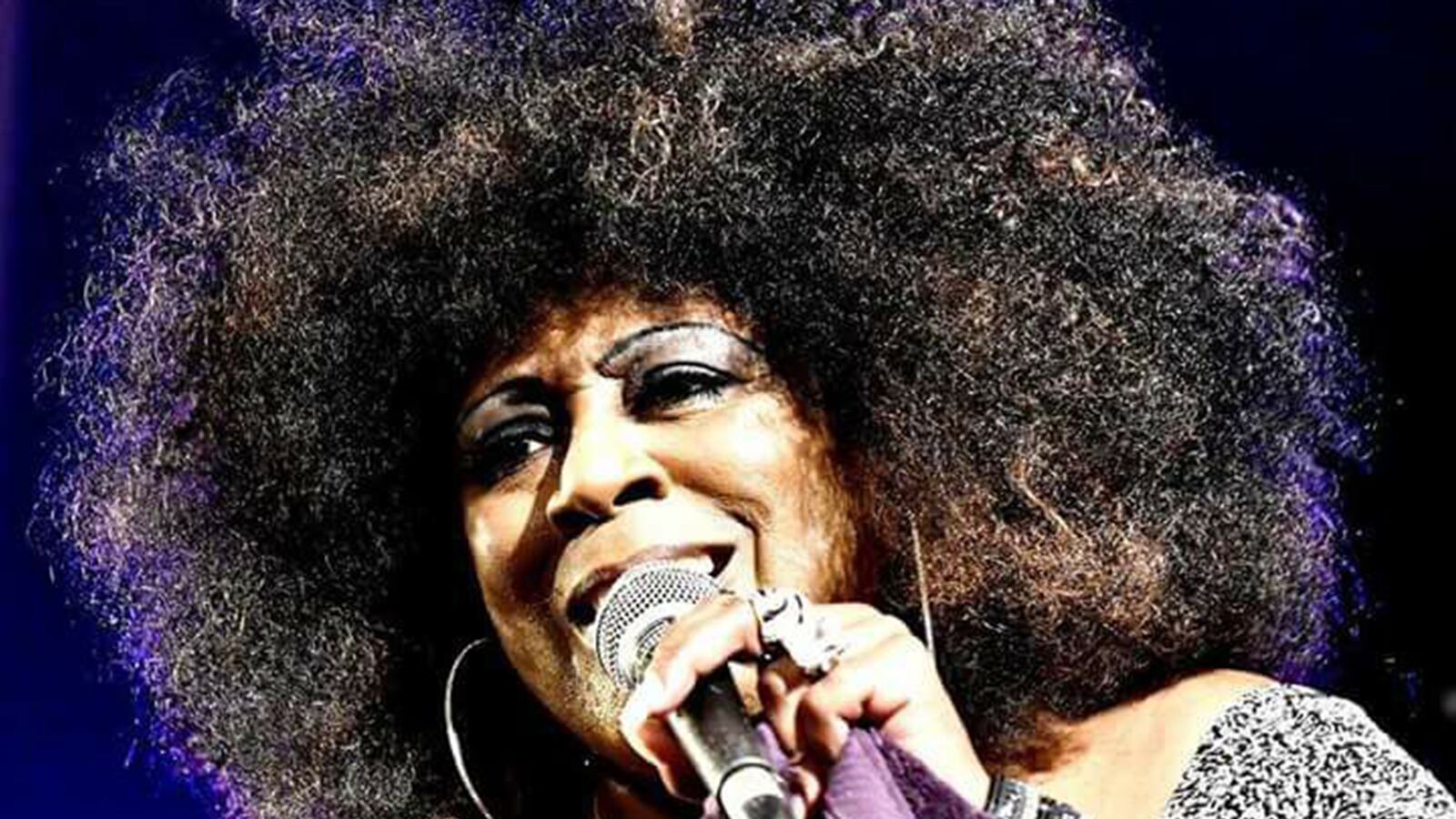The country band formerly known as Lady Antebellum might have made a big show of working with Anita White to come to an agreement over who gets to use the name “Lady A,”—as the blues singer put it after the band sued her, “I think they always knew what they were gonna do.”
When they first shed their racist name, Lady Antebellum made a big show of, as they put it in their statement last month, “committ[ing] to examining our individual and collective impact and making the necessary changes to practice antiracism.” Amid protests for Black lives, the band claimed they’d just figured out that their name was racist—despite previous interviews that seemed to indicate otherwise. The problem? White had been using that moniker as her stage name for nearly two decades before the country outfit even existed.
“If you want to be an advocate or an ally, you help those who you’re oppressing,” White told Vulture in a recent interview. “And that might require you to give up something, because I am not going to be erased.”
White first performed under her stage name in 1987. The country band, first formed in 2006, trademarked “Lady A” in 2010, on the grounds that many of their fans used it as a nickname for them. As Vulture notes, White never had a management machine behind her to advise that she might need to insulate her brand from a country act based on the opposite coast. Nonetheless, the band’s lawsuit frames that as White’s fault.
After band member Hillary Scott repeatedly called White’s producer, she noted in a Rolling Stone op-ed, the blues singer agreed to speak with her. On the phone, Scott immediately began crying and said the band never meant to do any harm. “I asked about changing the name to Lady A and told her it still has the same racist connotation since it’s just an abbreviation,” White wrote. “How do you change that, I’d asked, and she never answered.”
When White first met with the band days after they’d changed their name, she told Vulture the band members repeatedly nagged her to snap a photo with them as proof for social media of their collaboration. They even pitched the idea of recording a song together and filming the process documentary-style.
But once they got down to the details of negotiating over the named, things began to deteriorate.
“The first contract they sent [on June 30] had no substance,” White told Vulture. “It said that we would coexist and that they would use their best efforts to assist me on social-media platforms, Amazon, iTunes, all that. But what does that mean?”
White suggested that the band could slightly tweak their moniker—something like Lady A the Band. “But they didn’t want to do that.”
Eventually White and her attorneys made a hard ask: If they wanted the name, they could buy it for $10 million. White planned to use $5 million to rebuild her brand, and to donate the other half to various charities.
“I could help my community, I could help my church, I can help other artists,” White wrote in Rolling Stone. “And that other $5 million was supposed to go to Black Lives Matter to help other artists with this very struggle.”
Evidently, the band didn’t bite. And now, White is ready for a fight.
“Five million dollars is nothing, and I’m actually worth more than that, regardless of what they think,” she told Vulture. “But here we go again with another white person trying to take something from a Black person, even though they say they’re trying to help.”
“All I ever wanted was to keep my name in the blues genre doing what I did,” she wrote in Rolling Stone. “I should not have to bend to [the band’s] will because they’ve got money.”





